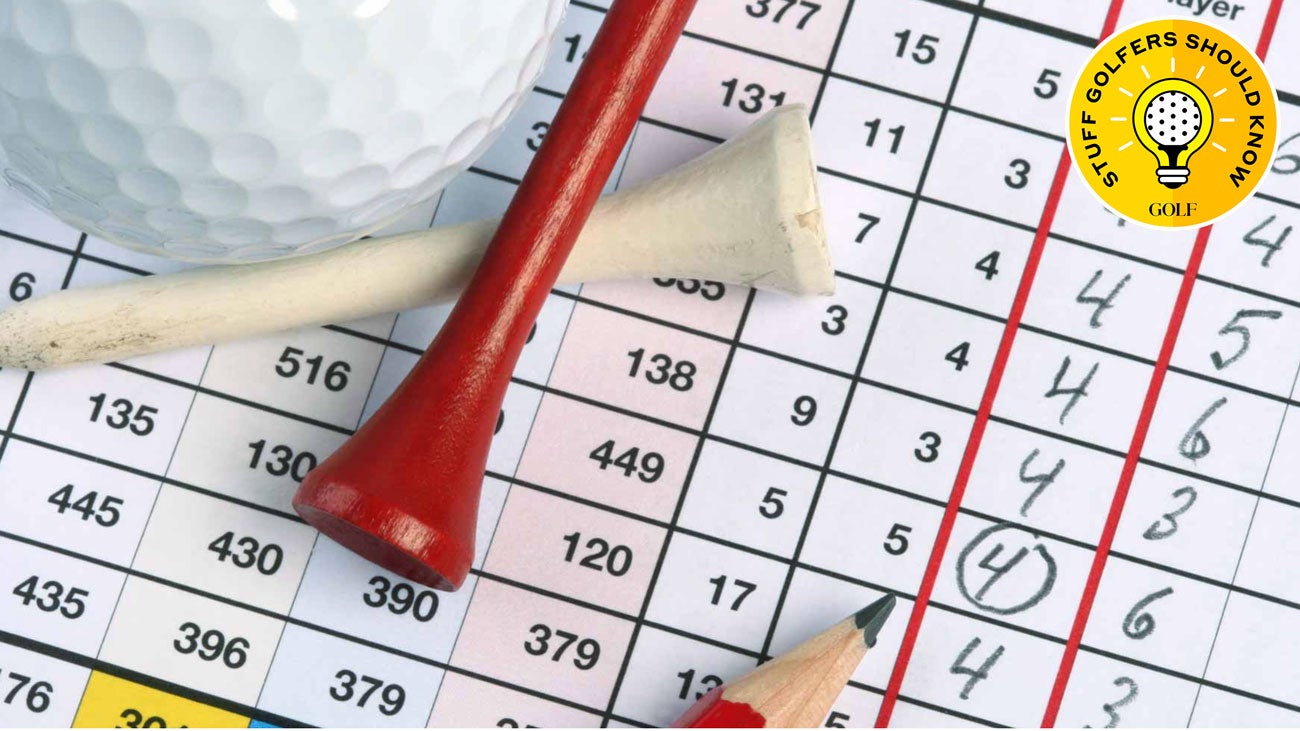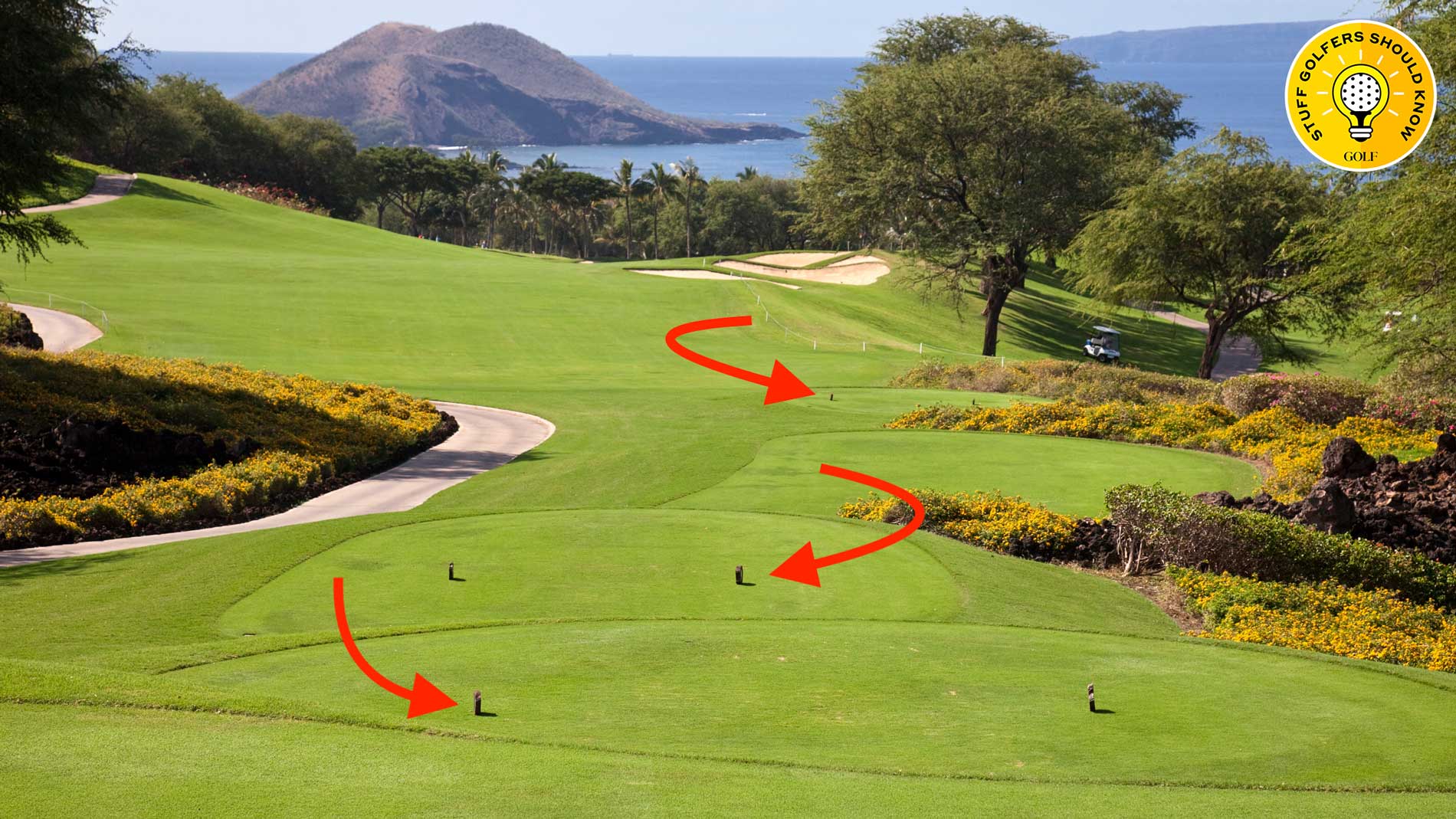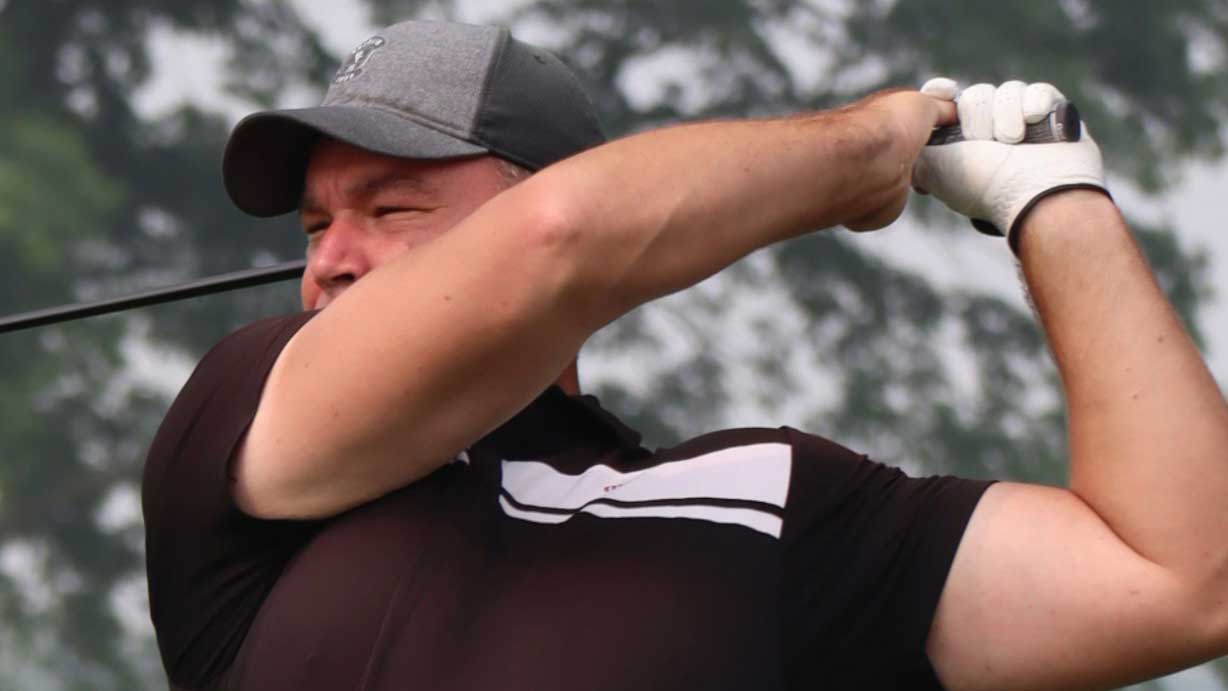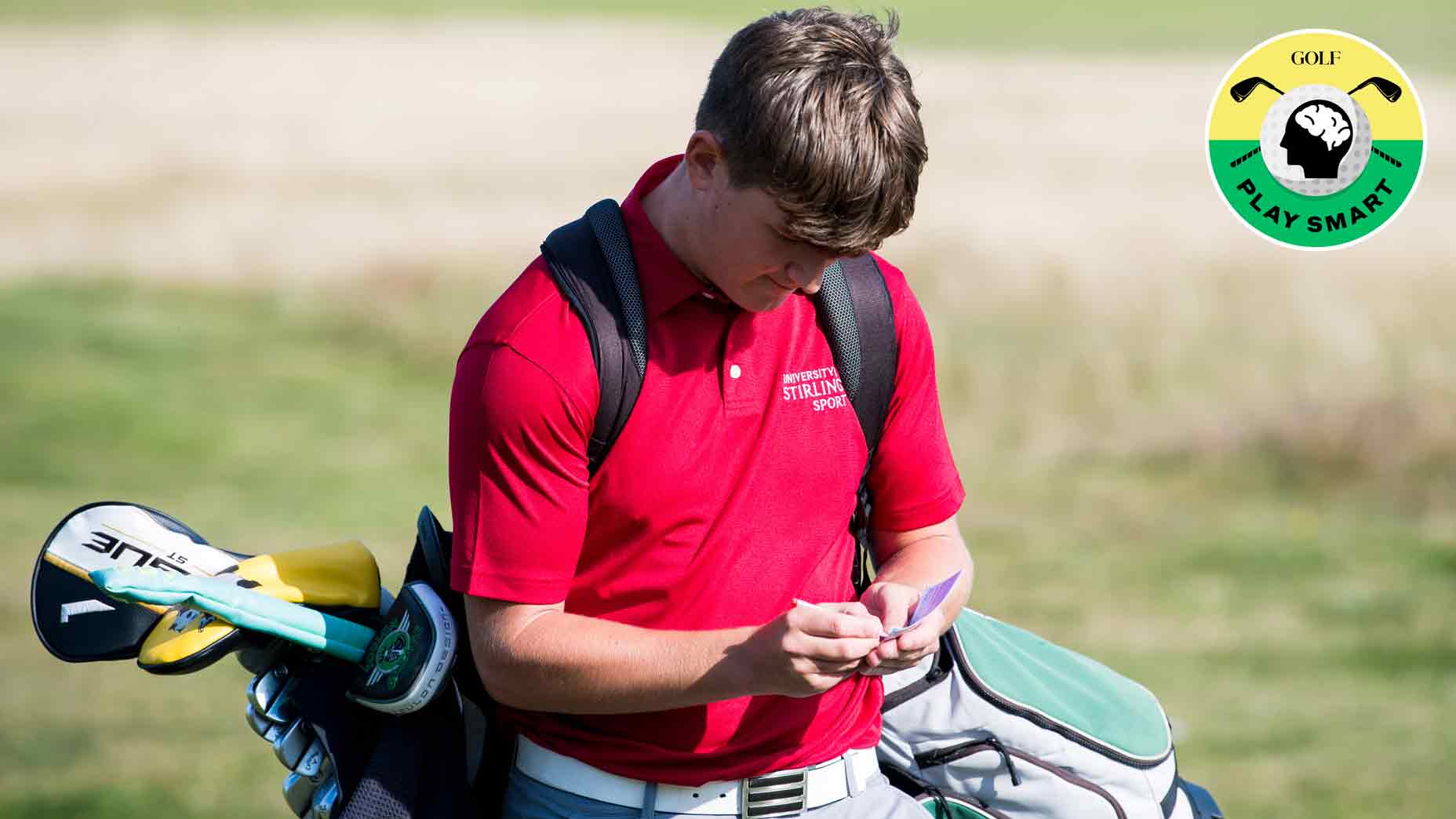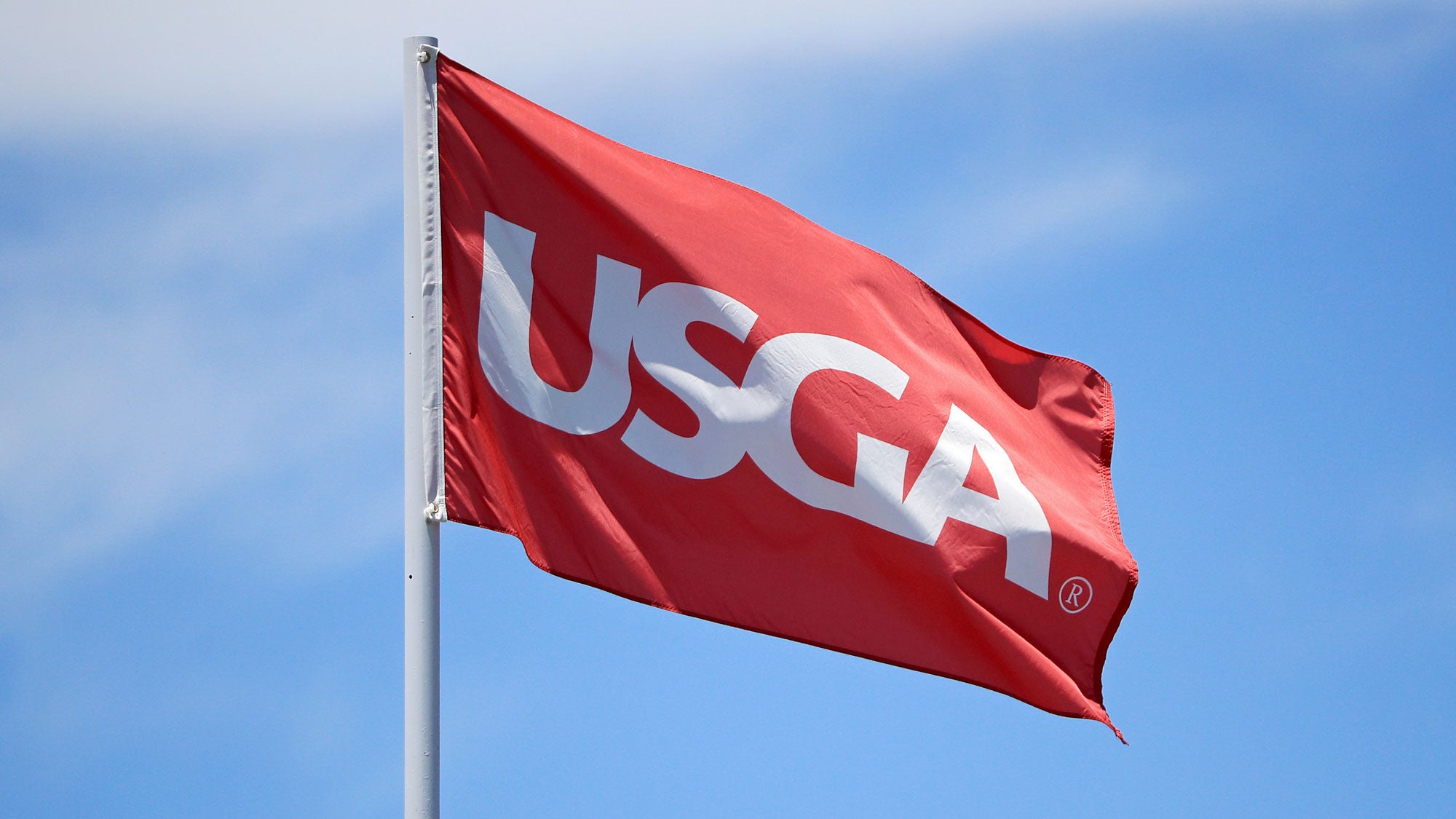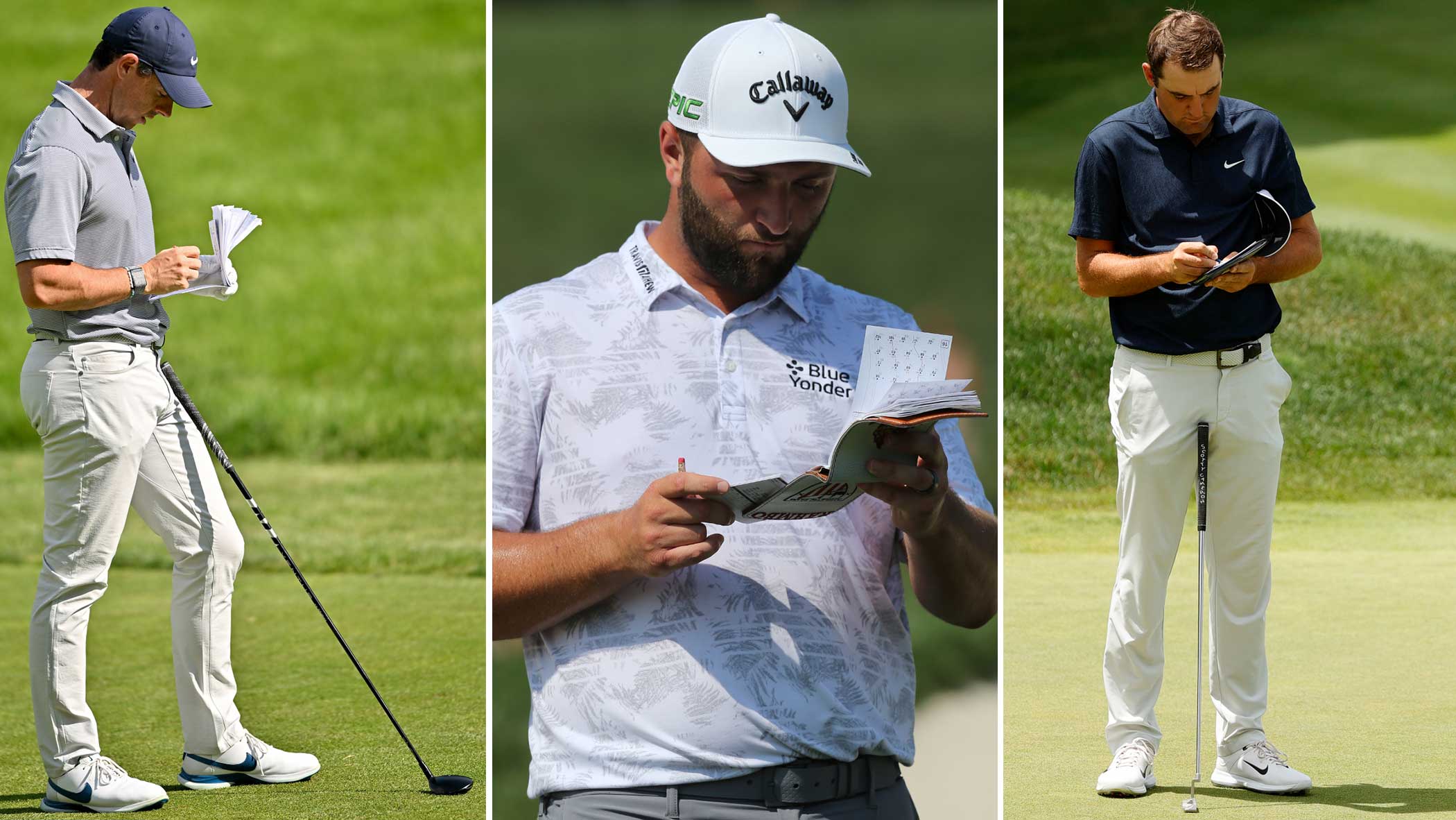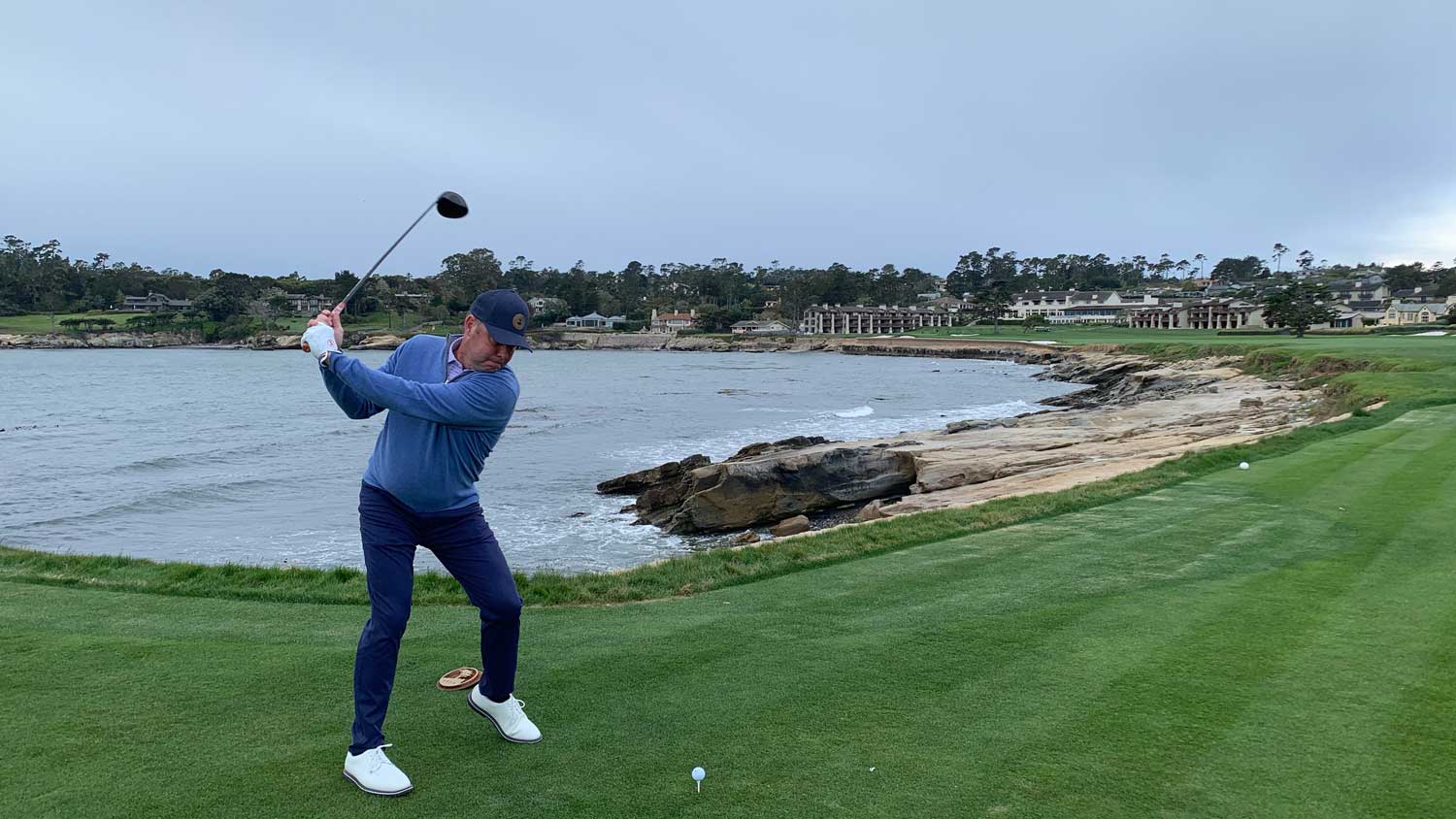As a kid growing up outside Lawrence, Kan., Andreas Brandenberger pursued a slew of sports but felt no affinity for golf.
It wasn’t just that he never played.
“I also never saw anyone who looked like me playing golf,” he says.
That changed in 2010, shortly after he graduated from college, when Brandenberger stumbled across a social-media video of a man named George Utley striking golf shots with a long club secured under his truncated arms. Utley was born with phocomelia, a rare condition often characterized by deformation of the limbs. For Brandenberger, who was born with the same condition, the snippet was a source of inspiration.
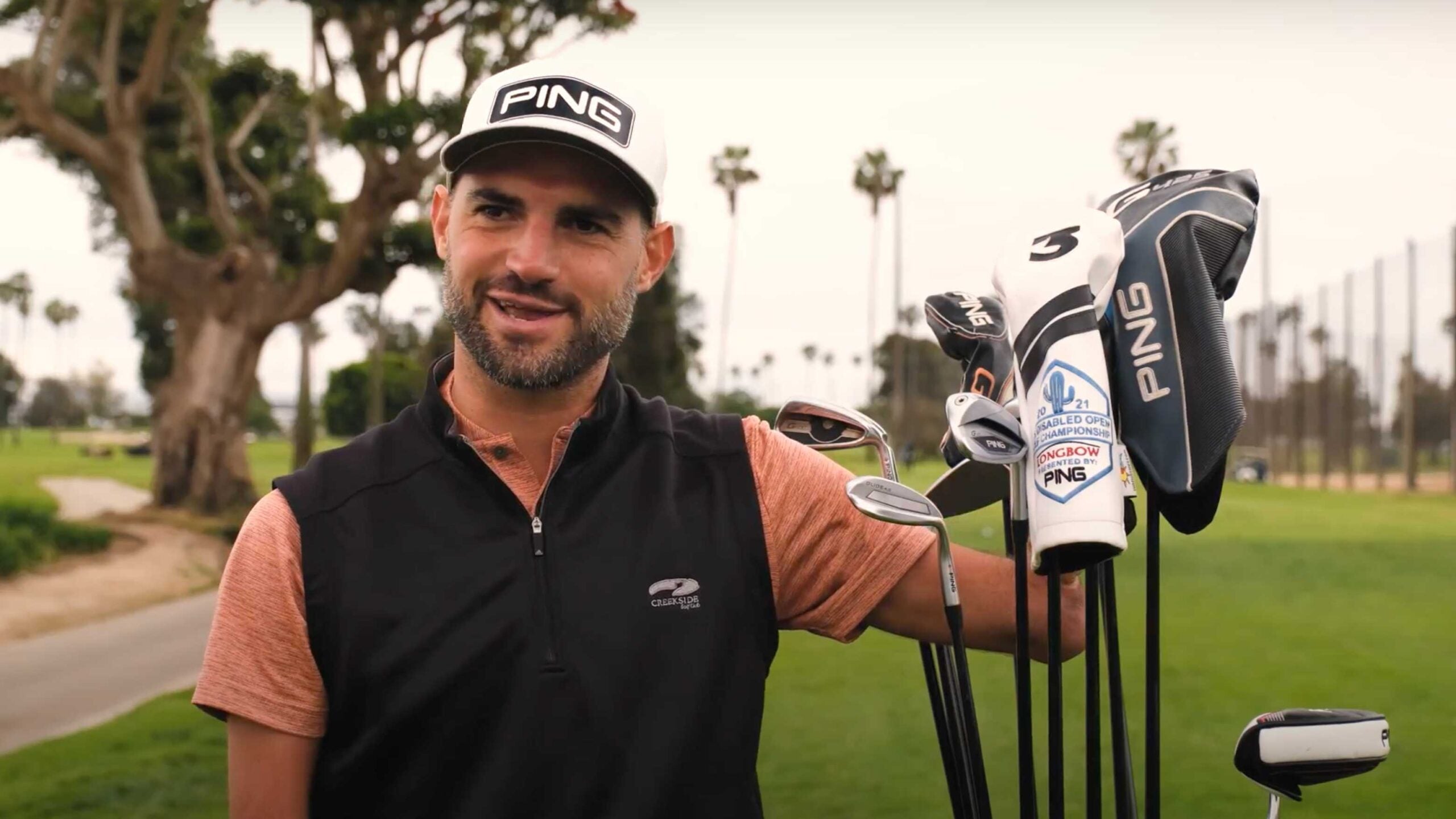
“I thought, ‘Man, I want to do that,” he says. “And I’m a very determined person. When I put my mind to something, I go for it.”
Through his alma mater, the University of Kansas, Brandenberger connected with a local club-maker, who fashioned him a set of prototype sticks, patterned on Utley’s. There was a learning curve. On his first trip to the range, Brandenberger, whose arms end just below his elbows, sent a club flying farther than the ball. What followed, though, was a familiar story.
“One good shot, and I was hooked,” he says.
Now 36, Brandenberger remains and avid golfer and an active member of a population with a growing presence in the game. Though organizations for disabled golfers have been around for decades (the Society of One-Armed Golfers dates to the early 1930s), only in more recent years has the adaptive golf movement gained a wider platform in the game’s mainstream. The 2nd U.S. Adaptive Open, which gets underway at Pinehurst on Monday, is just one example of the increased opportunities and support for golfers with disabilities.
On a recent balmy Southern California morning, Brandenberger drove from his current home in San Diego to Los Angeles participate in another outgrowth of the movement. On the first Thursday of every month, Westchester Golf Course, a public facility a quick skip from LAX, stages the Angel City Sports adaptive golf clinic. The free clinic takes it name from its founding organization, Angel City Sports, a Los Angeles-based nonprofit that provides year-round athletic opportunities for kids, adults and veterans with physical disabilities and visual impairments. Over the course of the 90-minute sessions at Westchester, attendees receive professional instruction. But the finer points of technique are only part of the appeal.
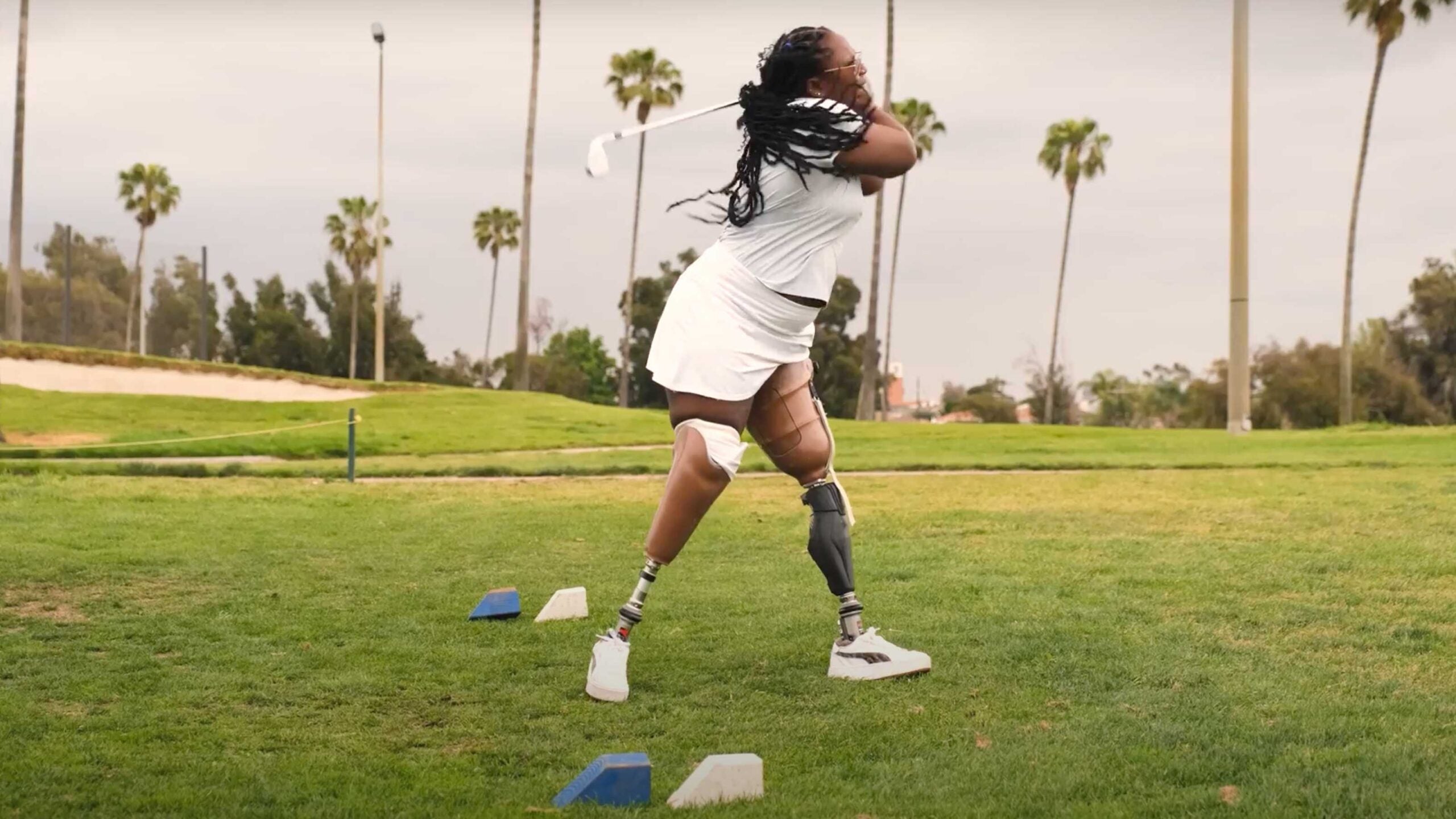
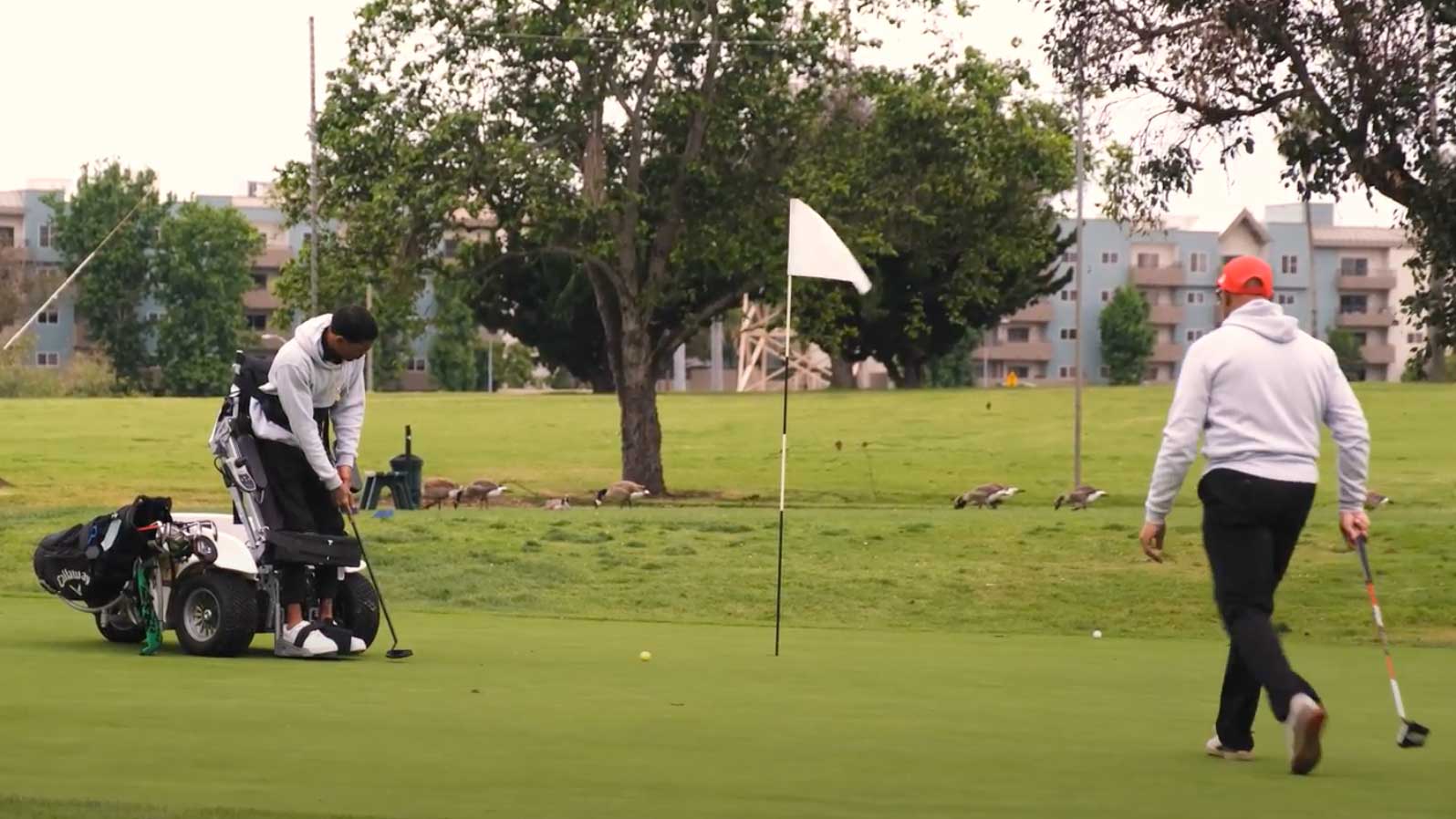
“It’s also about feeling a sense of belonging and gaining a wider perspective,” Brandenberger says. “There are times when I get hung up thinking about my own obstacles, but then I meet people with their own struggles and I become more aware of the things I take for granted. Experiences like this open the mind to new possibilities and expose you to all different walks of life.”
Brandenberger won’t be in the field this week at Pinehurst (for the purposes of the U.S. Adaptive Open, he falls under the category of multiple-limb amputee, an intensely competitive bracket, and he didn’t qualify this time around). But he has taken part in other adaptive events, including the United States Disabled Open Golf Championship, in Florida. Tournaments are great, Brandenberger says. For him, though, golf is more about community and camaraderie than it is competition.
“I grew up looking different from everybody around me,” he says. “Golf allows me to feel part of the group. If I can help provide that feeling of belonging to even one other person, that means a lot. It feels like I’m doing my own small part.”
To learn more about Angel City Sports and its adaptive golf clinic, check out the video above or click here.

